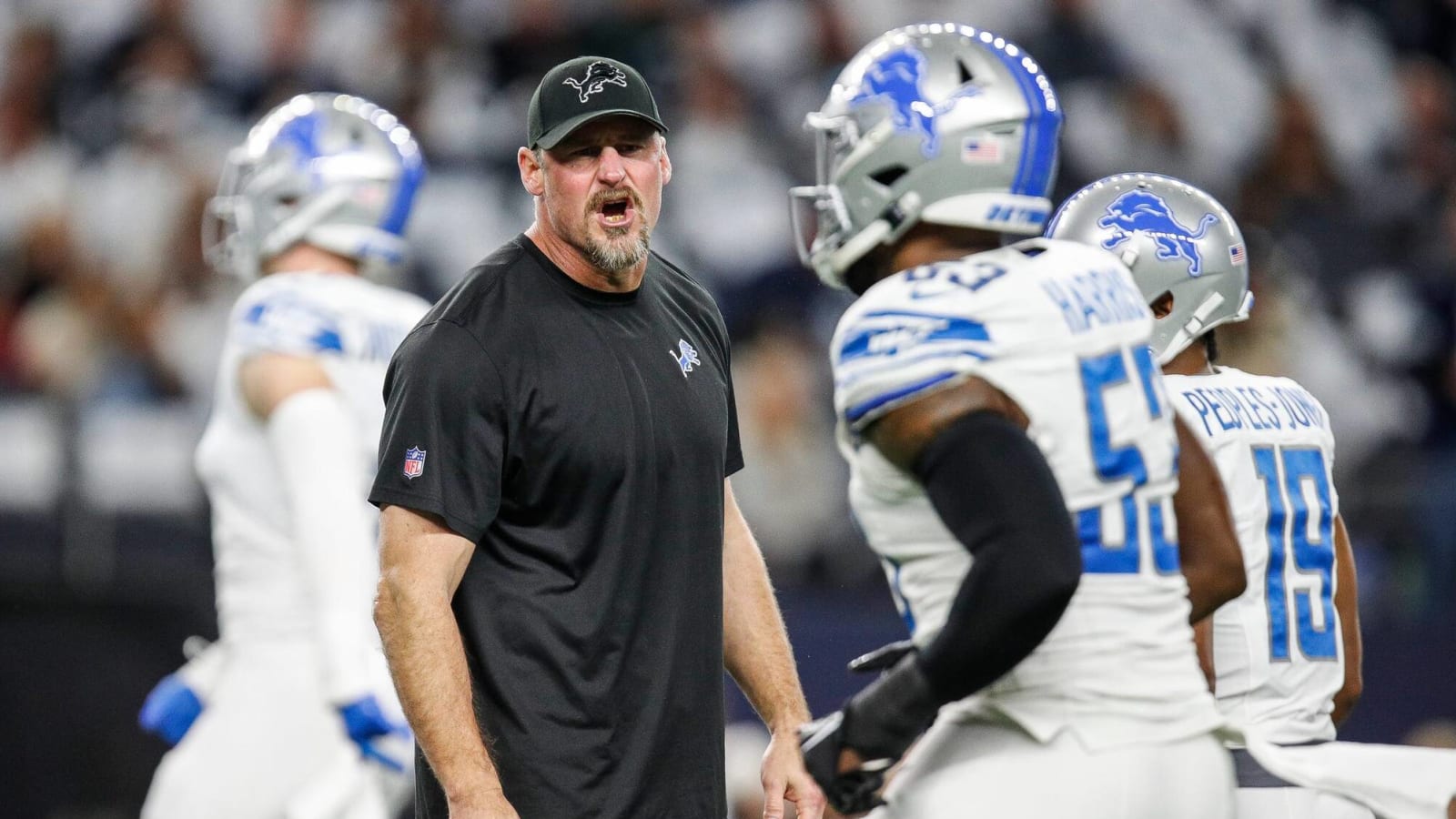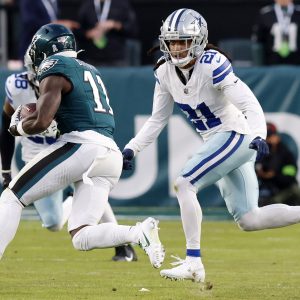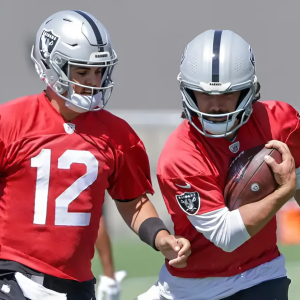While the Detroit Lions won the NFC North with a 12-5 record in 2023 before advancing to the NFC Championship Game, they did so despite a glaring weakness: pass defense.

The Lions allowed 247.4 yards per game passing (27th in the league) and in their three playoff games, Detroit gave up an average of 311.3 yards per game. Detroit additionally surrendered 32 touchdown passes during the regular season (also 27th) and six in the playoffs.
The playoff TD passes were, by far, the most allowed among the final four teams. The Super Bowl participants – the Kansas City Chiefs and San Francisco 49ers – each allowed three touchdown passes while the Baltimore Ravens surrendered one in the postseason.
Much of Detroit’s ineffectiveness against the pass was due to subpar cornerback play and untimely breakdowns at free safety. But the lack of a strong pass rush made things much worse. Outside of Pro Bowl edge-rusher Aidan Hutchinson (11.5 sacks in 2023), the next most-consistent pressure came from cornerback and safety blitzes.
At least part of the answer to the pass-rush issue could come from someone who hasn’t played in earnest for Detroit since 2022.
Outside linebacker James Houston was a sixth-round pick (217th overall) in the 2022 NFL Draft but did not crack the regular rotation until the middle of that season. He had eight sacks in the last seven games.
However, Houston suffered a broken ankle in the second game of past campaign and missed the remainder of the regular season. He returned to play in the NFC Championship Game against the San Francisco 49ers.
The Lions signed Marcus Davenport as a free agent from the Minnesota Vikings this offseason. Davenport has history with Detroit coach Dan Campbell and defensive coordinator Aaron Glenn from when he played with the New Orleans Saints. Davenport, 27, posted nine sacks with the Saints in 2021.
This spring, the Lions also signed edge-rusher Mathieu Betts – the Canadian Football League’s Most Outstanding Defensive Player last season with 18 sacks for the BC Lions – to a reserve/futures contract.
A bit undersized at 6-foot-3 and 250 pounds, Betts went undrafted in the 2019 NFL Draft, then signed as a free agent with the Chicago Bears. He was cut in August of that year and went on to play with the CFL’s Edmonton Eskimos in 2019 and 2021 before spending the past two seasons in British Columbia.
And, of course, Detroit could find pass-rush help in NFL Draft.
The Lions have the 29th pick, so Alabama’s Dallas Turner – the top-ranked edge-rusher, per Pro Football Focus – won’t be available unless Detroit trades up. It is also likely Jared Verse from Florida State – the No. 2 edge-rusher in the class, per PFF – would not be a possibility without a trade.
The three edge-rushers who appear to be realistic possibilities for Detroit in the draft are Laiatu Latu of UCLA, Chop Robinson of Penn State and Darius Robinson of Missouri.
Latu – who measures 6-foot-5, 259 pounds and stands as PFF’s third-ranked edge defender may be the most skilled pass-rusher in the class.
A neck injury almost ended his career, but Latu – who has run the 40-yard dash in 4.64 seconds – passed the medicals at the NFL Scouting Combine. He won the Lombardi Award (top OL/DL) and the Ted Hendricks Award (best DE) this past season after compiling 21.5 tackles for loss and 13 sacks.
The production of Chop Robinson (6-foot-3, 254 pounds, 4.48 in 40), who had 9.5 sacks and 17.5 tackles for loss combined the past two seasons, has not matched his athletic ability.
And Darius Robinson (6-foot-5, 285 pounds, 4.95 in 40) was originally a defensive tackle before moving outside last season with outstanding results (14 tackles for loss and 8.5 sacks). His ability to play outside and inside is a big plus.
Or the Lions could find a sleeper pick in the later rounds who helps improve their pass rush.
By whatever means, that pass rush must improve.




